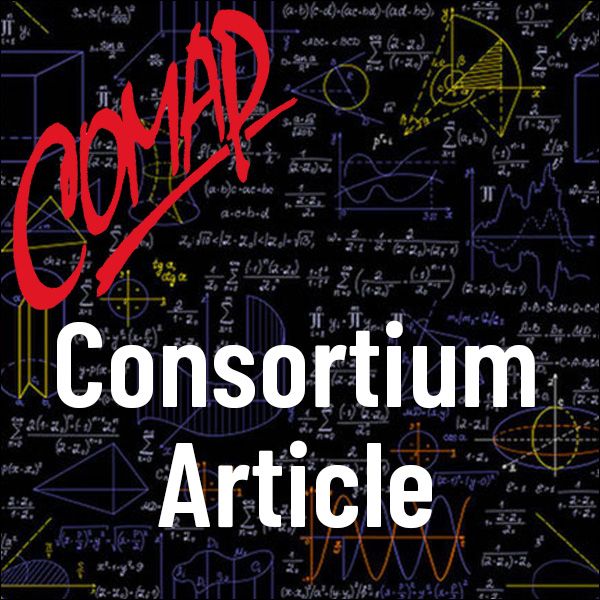Full Member Resources
Resource Type: Expository Article
Primary Level: High School
Voting Power
Author: Daniel Teague, John Goebel
In ordinary elections, each person has a single vote and everyone's vote has the same power. However, in some situations, some voters have more votes than others.
The electoral college is one example. Presently, North Carolina has 14 votes and Alaska only 3 votes. Shareholders in a company often have the number of votes equal to the number of shares of stock they own.
On some school boards and commissions that are a union of several districts, the commissioners have votes that are proportional to the number of people in their district. A few simple examples illustrate the problem of voting power in these situations.

©1998 by COMAP, Inc.
Consortium 67
2 pages
Mathematics Topics:
Algebra , Precalculus & Trigonometry , Calculus , Probability & Statistics , Discrete & Finite Mathematics
Application Areas:
Social Studies , Political Science, Voting Theory
You must have a Full Membership to download this resource.
If you're already a member, login here.
Not yet a member?
Browse More Resources
Search